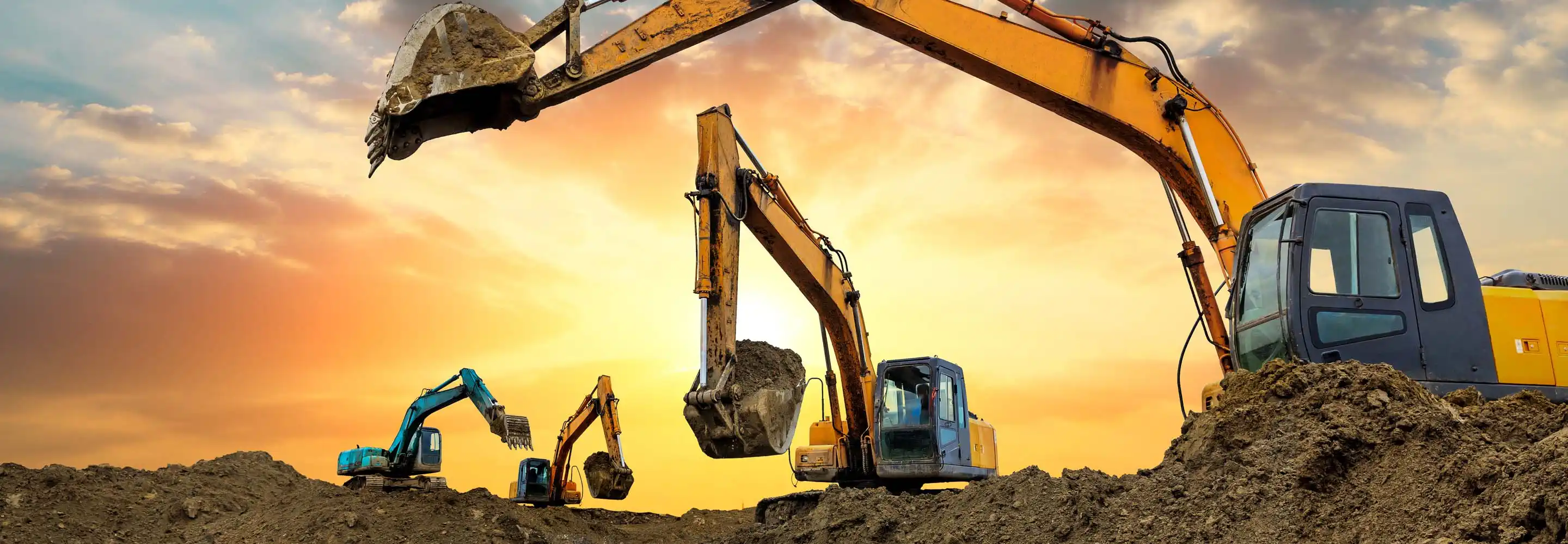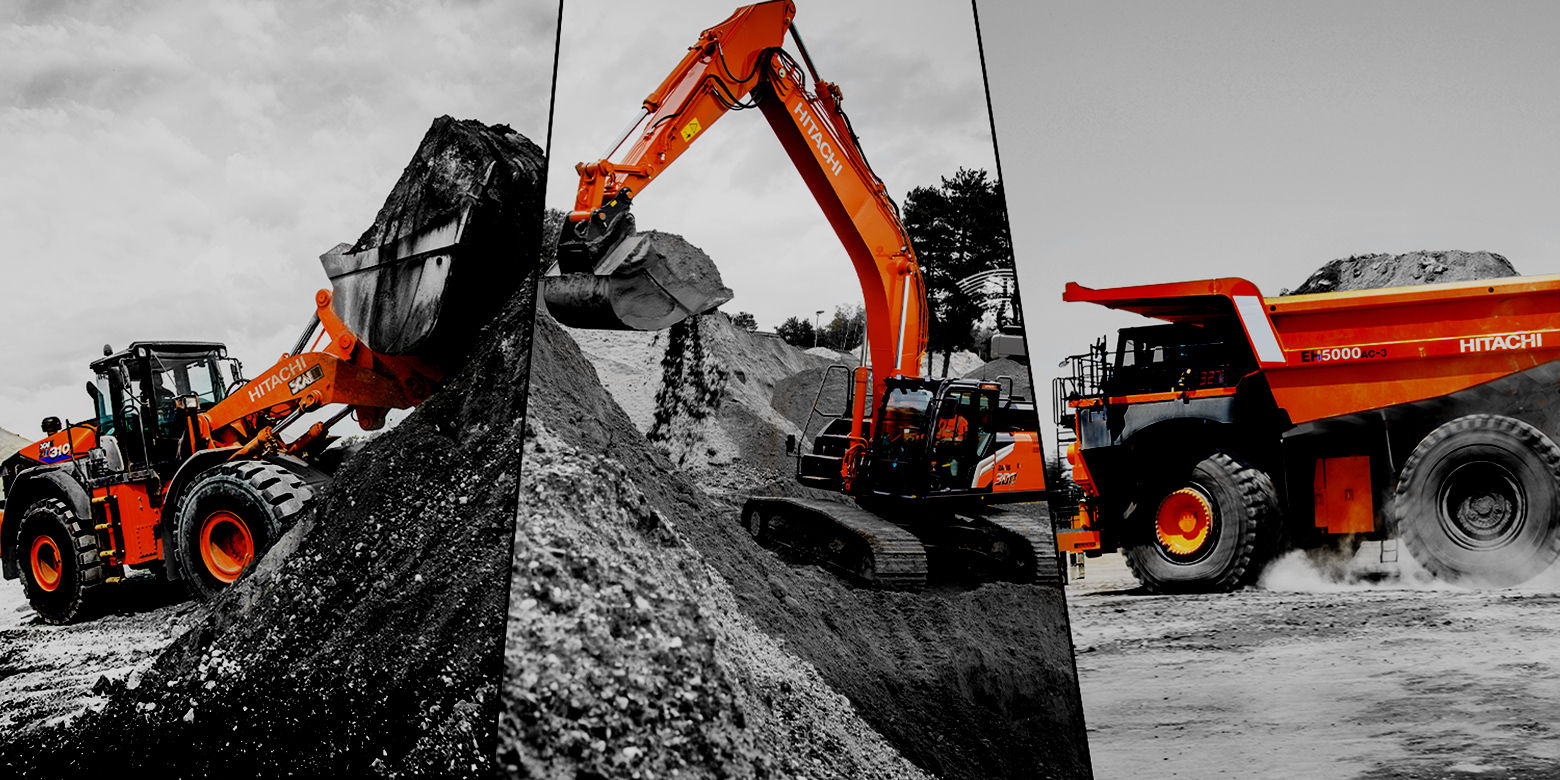Dozer Rental in Tuscaloosa AL: Trustworthy and Affordable Heavy Machinery
Dozer Rental in Tuscaloosa AL: Trustworthy and Affordable Heavy Machinery
Blog Article
Discovering the Financial Benefits of Renting Building Devices Contrasted to Possessing It Long-Term
The decision between having and renting out building and construction tools is pivotal for financial management in the industry. Renting offers immediate cost savings and operational flexibility, allowing business to assign resources a lot more successfully. On the other hand, ownership comes with substantial lasting economic dedications, consisting of upkeep and depreciation. As specialists evaluate these options, the effect on capital, task timelines, and modern technology accessibility ends up being progressively considerable. Understanding these subtleties is crucial, specifically when thinking about exactly how they align with specific task requirements and monetary strategies. What variables should be focused on to guarantee optimal decision-making in this facility landscape?

Expense Comparison: Renting Out Vs. Having
When evaluating the economic ramifications of having versus renting building and construction devices, a comprehensive price comparison is essential for making educated decisions. The selection between renting out and having can dramatically impact a firm's profits, and recognizing the connected prices is important.
Renting building tools normally involves lower ahead of time costs, permitting businesses to designate capital to various other functional needs. Rental arrangements often include adaptable terms, enabling business to accessibility advanced machinery without lasting dedications. This flexibility can be especially useful for short-term jobs or rising and fall workloads. However, rental expenses can gather over time, potentially exceeding the expenditure of ownership if equipment is needed for a prolonged duration.
Alternatively, owning construction equipment requires a substantial initial investment, along with ongoing costs such as funding, depreciation, and insurance coverage. While possession can cause lasting cost savings, it additionally ties up funding and may not provide the same level of adaptability as leasing. Furthermore, having devices requires a commitment to its usage, which might not constantly line up with project needs.
Eventually, the decision to rent out or possess needs to be based on an extensive evaluation of certain project demands, monetary capacity, and lasting calculated goals.

Maintenance Duties and costs
The option between having and renting construction tools not only involves economic factors to consider however also incorporates recurring maintenance expenses and duties. Having equipment calls for a considerable commitment to its maintenance, that includes regular assessments, repair work, and potential upgrades. These duties can rapidly accumulate, causing unanticipated expenses that can stress a budget plan.
On the other hand, when leasing equipment, upkeep is generally the duty of the rental company. This setup allows service providers to prevent the economic problem related to deterioration, along with the logistical difficulties of organizing repair work. Rental arrangements frequently consist of provisions for maintenance, suggesting that professionals can concentrate on completing jobs as opposed to bothering with tools condition.
Furthermore, the varied series of equipment offered for rental fee enables business to pick the latest designs with innovative modern technology, which can enhance effectiveness and performance - scissor lift rental in Tuscaloosa Al. By choosing rentals, companies can stay clear of the lasting responsibility of tools devaluation and the connected upkeep migraines. Eventually, evaluating upkeep costs and responsibilities is vital for making an educated choice concerning whether to rent or own building devices, substantially influencing total task prices and functional performance

Depreciation Influence on Possession

A substantial factor to consider overhead hoist in the decision to own construction equipment is the effect of depreciation on overall ownership costs. Depreciation represents the decrease in worth of the tools with you can look here time, affected by variables such as use, damage, and innovations in modern technology. As tools ages, its market price decreases, which can considerably affect the owner's economic placement when it comes time to market or trade the devices.
For building companies, this devaluation can translate to significant losses if the devices is not made use of to its maximum potential or if it comes to be outdated. Proprietors should make up depreciation in their economic forecasts, which can bring about higher total expenses contrasted to renting. In addition, the tax ramifications of depreciation can be complicated; while it might offer some tax obligation benefits, these are commonly offset by the truth of lowered resale value.
Inevitably, the burden of devaluation stresses the significance of recognizing the long-term financial dedication associated with having building tools. Companies need to meticulously assess exactly how usually they will utilize the devices and the possible financial impact of depreciation to make an educated decision regarding possession versus renting out.
Financial Flexibility of Leasing
Leasing building and construction tools offers significant monetary versatility, enabling firms to allot sources more efficiently. This adaptability is especially important in a market identified by rising and fall task needs and differing work. By deciding to rent out, organizations can stay clear of the significant resources expense needed for acquiring devices, protecting money flow for other operational needs.
Additionally, renting tools makes it possible for firms to customize their devices options to particular project requirements without the lasting dedication related to ownership. This implies that businesses can easily scale their try this out tools stock up or down based on expected and current project demands. As a result, this versatility decreases the threat of over-investment in machinery that might become underutilized or outdated with time.
Another economic benefit of leasing is the possibility for tax obligation advantages. Rental payments are usually considered business expenses, permitting immediate tax reductions, unlike depreciation on owned and operated devices, which is spread over numerous years. scissor lift rental in Tuscaloosa Al. This immediate expenditure acknowledgment can additionally improve a business's money placement
Long-Term Project Factors To Consider
When examining the long-term requirements of a building business, the choice between owning and renting out devices comes to be a lot more intricate. For projects with extensive timelines, buying equipment may seem helpful due to the potential for reduced overall expenses.
Additionally, technological improvements posture a significant consideration. The building industry is advancing swiftly, with brand-new equipment offering boosted effectiveness and safety features. Renting permits business to access the most up to date modern technology without dedicating to the high upfront costs related to buying. This versatility is specifically advantageous for services that handle diverse jobs requiring various sorts of equipment.
In addition, monetary stability plays a vital role. Possessing devices commonly requires significant resources financial investment and devaluation problems, while renting out permits more predictable budgeting and capital. Inevitably, the selection in between having and leasing must be lined up with the strategic goals of the construction service, considering both current and anticipated job demands.
Conclusion
In final thought, renting construction devices uses significant economic advantages over long-lasting ownership. The decreased upfront costs, elimination of maintenance responsibilities, and avoidance of depreciation contribute to boosted cash flow and economic adaptability. scissor lift rental in Tuscaloosa Al. Additionally, rental repayments function as instant tax obligation deductions, even more profiting service providers. Ultimately, the decision to lease as opposed to own aligns with the dynamic nature of building tasks, enabling versatility and access to the newest tools without the monetary concerns related to ownership.
As devices ages, its market value decreases, which can considerably affect the owner's economic setting when it comes time to trade the devices or sell.
Leasing building devices provides significant economic versatility, permitting companies to designate resources much more efficiently.Furthermore, renting out tools allows business to customize their tools selections to certain task needs without the long-lasting commitment linked with possession.In final thought, leasing building and construction equipment uses substantial monetary benefits over long-term ownership. Ultimately, the choice to lease instead than very own aligns with the vibrant nature of building jobs, allowing for adaptability and access to the latest tools without the monetary worries linked with possession.
Report this page